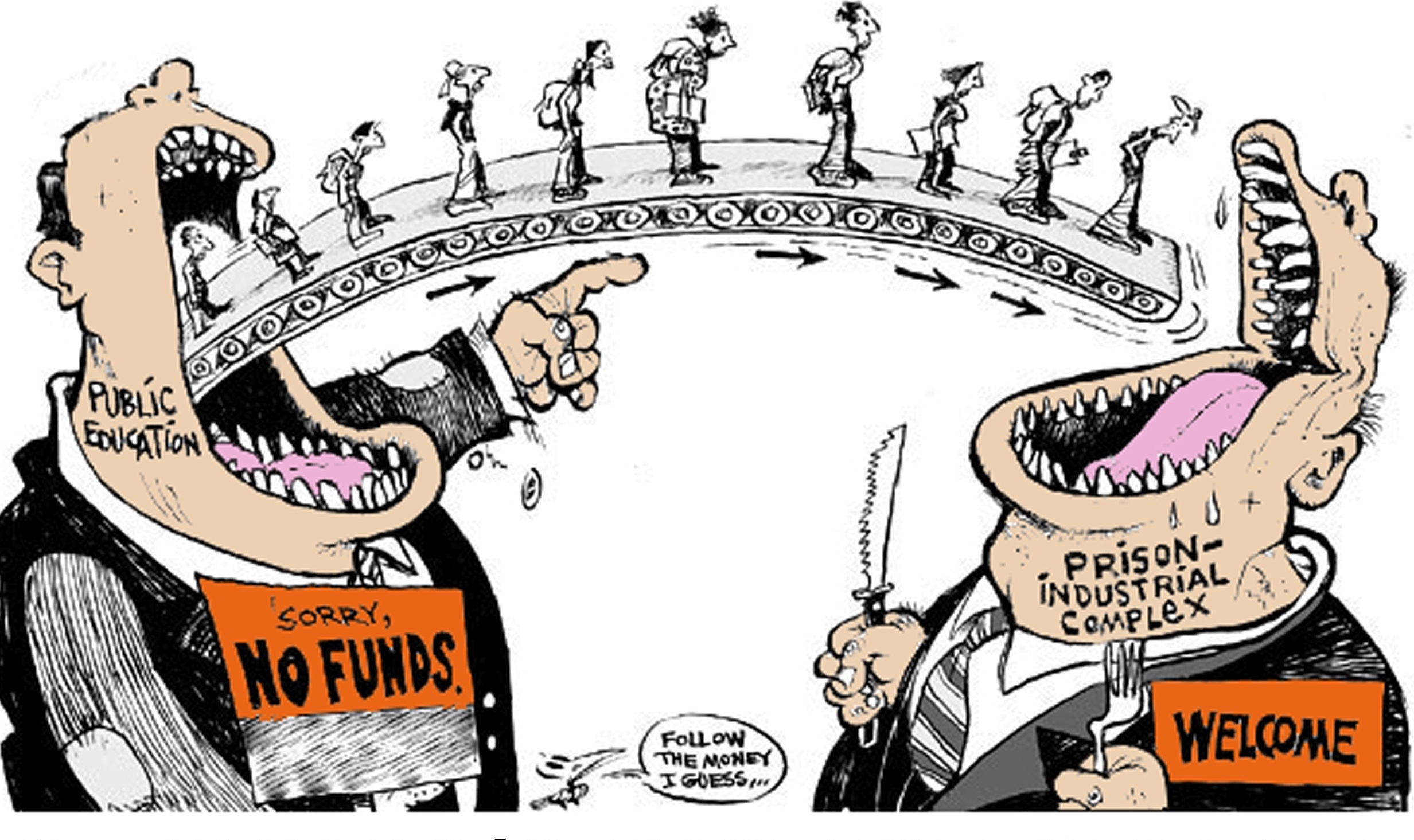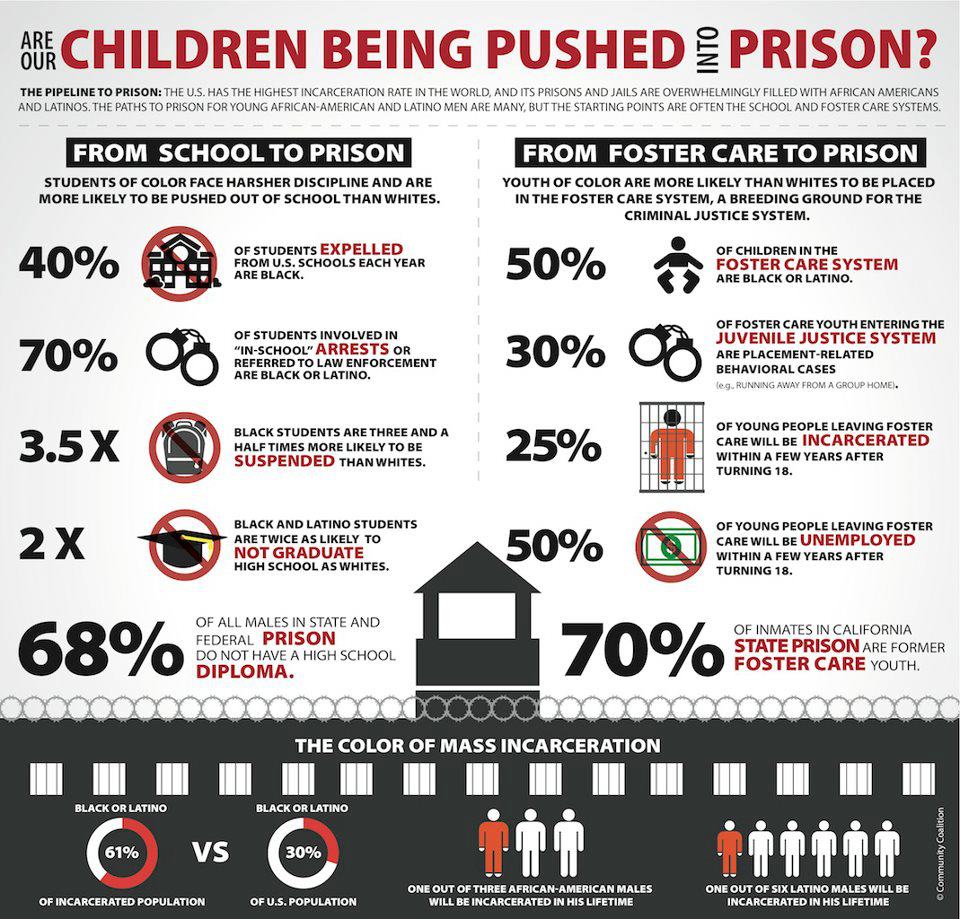
I almost forgot to Sign up for this course. I've been wanting to, even though my statist educational cycle begins again next week. If nothing else, I'll save the course reading materials for future reading. If you are concerned about government encroachment into individual liberties, your have a penchant for economics, or you are a history geek, join me in diLorenzo's course that starts shortly.
One of the themes of Murray Rothbard's writings on the nature of the state is that state power ultimately depends on the perpetuation of a body of beliefs and superstitions about the benevolence and necessity of the state, and the alleged evils of private property, free enterprise, individual liberty, and the civil society. Because the citizens always outnumber any ruling class by many orders of magnitude, they must somehow be made to acquiesce in the ruling class's plundering of their society in the name of "progress," "nationalism," "the greater good," "socialism," or whatever.
Beatings, imprisonment, torture, and mass murder are time-tested tools of the state, but they can be very costly and can instigate a revolution. Therefore, relentless propaganda is often relied upon instead to secure the power and privileges of the state and statists.
Once the people of the Soviet empire finally understood that socialist propaganda was all a big lie, the regime was doomed. At that point it was always just a matter of how much beating, imprisonment, torture, and mass murder the thugs and criminals who ran the Soviet government could get away with to keep the system going.
American history is vastly different from the grotesque history of Soviet Russia, but in some ways it is similar. Until recently, there has never been much of a movement to bring full-fledged socialism to America. The ideological battle was not so much capitalism versus socialism but capitalism and freedom versus interventionism and paternalistic regulation and taxation. The interventionists eventually won out, so that today's political/economic system (in the U.S. and in many other copycat countries) can be described as "participatory fascism," to borrow a phrase used by Robert Higgs. It is a system of crony capitalism financed by a central bank, government borrowing, and pervasive taxation. It is a system that is of plutocratic elites, for plutocratic elites, and by plutocratic elites (to paraphrase Abraham Lincoln, the true founding father of this system). The massive welfare state is merely used to buy enough votes to maintain the "legitimacy" of the system.
Like Soviet socialism, this system is grounded on a particular ideology or collection of superstitions about the evils of private, competitive markets and the supposed benevolence and necessity of state intervention. The ideology is not socialism but goes under several different names, such as "economic nationalism" or "Hamiltonianism."
Beginning on Thursday, January 3, I will be teaching a five-week online course under the auspices of the Mises Academy on the historical evolution of this interventionist ideology, and on what it means for Americans (and others) today. The course will be entitled "Participatory Fascism: Hamilton, Clay, Lincoln and the Curse of Economic Nationalism." This system was almost entirely cemented into place during the American "Civil War," and was the ultimate victory of a political movement that was led at first by Alexander Hamilton, and then by Henry Clay, and then Lincoln.
Sign up or read more:
http://academy.mises.org/courses/economic_nationalism







